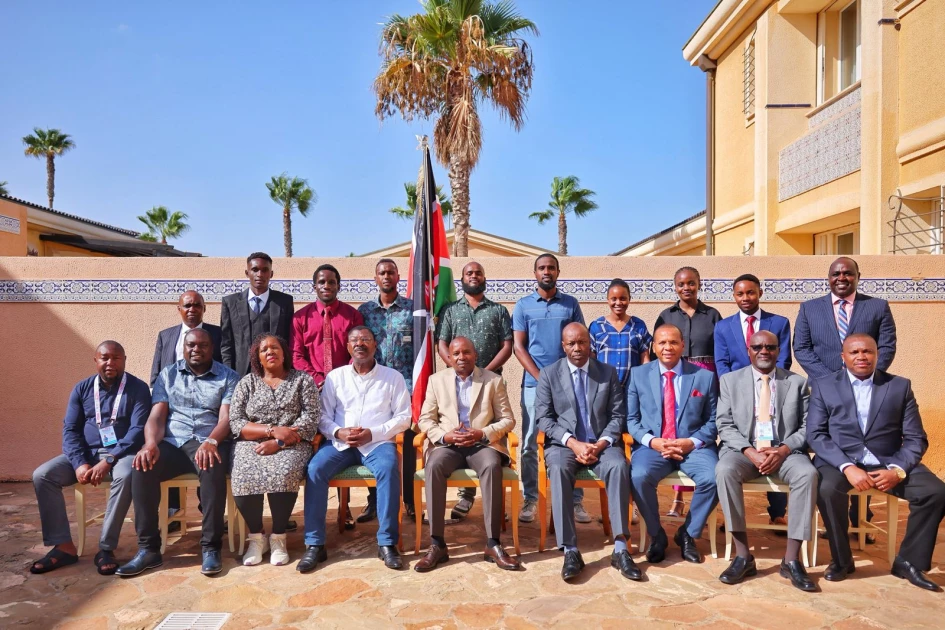In the years following independence, Tanzania under President Julius Nyerere stood proudly on the global stage as a model for African socialism. Rooted in the 1967 Arusha Declaration, Nyerere’s Ujamaa policy aimed to build a self-reliant, equal society free from foreign influence. But by the early 1980s, that dream was on the brink of collapse.
A newly declassified 1986 CIA report sheds light on the severe economic crisis that forced Tanzania into an uneasy partnership with the International Monetary Fund (IMF). The report describes a country that was idealistic but economically strained—where political ideology clashed with global financial realities.
Ujamaa, meaning “familyhood” in Swahili, was more than just a policy—it was a national identity. It emphasized collective farming, national ownership of resources, and rural development. Nyerere believed Tanzania could develop without relying on Western capitalism or aid.
However, while noble in principle, Ujamaa led to significant economic challenges. Agricultural production declined, state-run industries were inefficient, and rural communities lacked access to markets and services. By the late 1970s, the Tanzanian economy was in deep trouble.
The CIA report describes Tanzania as being “on the verge of economic collapse” by 1985. Shortages of basic goods, skyrocketing inflation, and mounting foreign debt left the government with few choices.
Despite strong resistance from Nyerere and the ruling party, Tanzania was eventually forced to turn to the IMF for support. This marked a major shift in policy—from socialist self-reliance to accepting structural adjustment programs imposed by international lenders.
These programs included currency devaluation, cuts to public spending, and encouragement of private investment. Though they helped stabilize the economy over time, they also led to increased poverty and social unrest during the adjustment years.
Today, Nyerere’s legacy remains deeply respected across Tanzania and Africa, especially for his focus on unity, education, and dignity. But his economic model remains a subject of debate.
Tanzania’s eventual embrace of market reforms and its engagement with the IMF signaled a turning point. It showed the limitations of ideology when faced with economic hardship—and the difficult choices leaders must make between principle and survival.
As Tanzania continues its development journey in a rapidly globalizing world, the lessons from the Ujamaa era and its reluctant turn to the IMF still echo in today’s political and economic debates.



